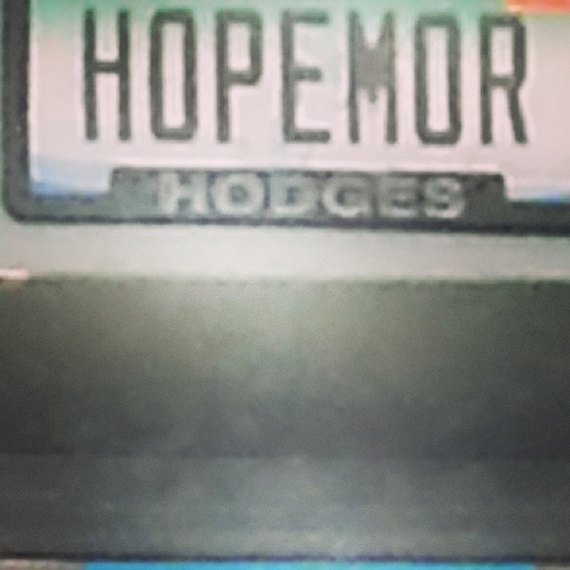Photograph taken by Kristin A. Meekhof
A few years ago, I had the idea of wriiting a book for widows, and I decided that it would even be a better idea if I interviewed widows. Although my husband died in 2007, I was still curious to know how other widows coped with grief. My co-author, psychologist James Windell, and I communicated with widows from a range of backgrounds. Some widows have doctoral degress and some never finished high school. Some own multiple homes and some are living on their relative's sofa. Some have adult children and some were never pregnant. There are widows in their 70s who never dated anyone other than their husband and widows who are under 30 who are already dating again. I wondered about their challenges. I could guess what they were, but I still wanted to know the things they aren't apt to share with their family or even their closet friends. Nearly every widow said they continued each day with hope that things would get better, and hope that they would discover meaning in their tragedy.
Last week, I received one of those late night phone calls that causes panic even before you answer because you know that this person wouldn't be calling you at this time of night unless there is some type of emergency. So I answered the call with a lump in my throat and a very weak, "Hello." She began talking as though we were in mid conversation. Her sister's husband lost control of their car, and slid under a semi truck. And just like that everything changed. I knew the end result.
My friend through her tears also added that she felt powerless not knowing what to do for her sister who has young children. Despite years of professional education in the mental health field and clinical experience, I momentarily froze. In a small attempt to offer comfort, I slipped in one of those things that is easy to say, "I'm so sorry," and then I said this, "I don't know what else to say." My friend stopped. There was silence. I looked at the phone thinking I accidentally ended the call. Silence. These are the moments when you know that you can't rescue or manage the loss because it is impossible. I didn't know what I could offer.
The very next morning, I was awake before the sun getting ready for my long-distance run. I couldn't get the conversation off of my mind. I thought of hope, and realized that hope is something we long for, and at the present moment for this family, there was very little hope. Lives had been forever damaged because death does damage.
And as I was driving home, thinking about something I had read about listening to your life and looking for signs which will guide you, a car pulled out in front of me. The car had this license plate: Hopemor. And there it was front and center: hope. Hope more.
We can dismiss, attempt to control, even fearlessly try to manage others lives, but sometimes we may do ourselves a favor by surrendering to the idea that we control very little. What I am about to say may sound overly simplistic, but there is hope. We give hope whenever we offer kindness and support to others, even ot those we don't know so well. Hope can transform. This is not a new thought, but still amazing to ponder.
Kristin Meekhof's book for widows of all ages will be released in November 2015. You can follow her at http://www.kristinmeekhof.com/ or on Facebook at https://www.facebook.com/KristinMeekhof
